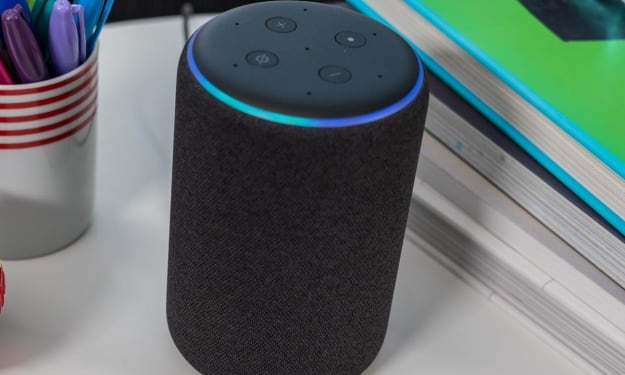Google Unveils Artificial Intelligence Tool for Dermatology
Google has released an AI tool for identifying signs of skin cancer.

The technology, which Google says was inspired by Google’s medical director oncology Ross Mahalingham, takes information from photos uploaded by the public about skin diseases, including photographs of lesions or cancers, along with information about those diseases. Using AI to analyze this information, Google’s software can then scan through the photos and help people assess their skin condition.
“The advent of AI in image recognition is transforming medicine,” Google says in a statement.
By Google sheet
The software can also be used by dermatologists and other physicians to examine images and provide advice for other members of the medical team, Google says. The research has been published in the journal Nature Medicine.
One person with skin cancer will see about 8,500 photos from someone with similar skin cancer, and the AI will learn to differentiate between them, Google says.
To get the technology up and running, Google says it needed help. It recruited doctors, a statistician, computer vision experts, and engineers from Google, and it helped build a virtual reality skin doctor’s office where doctors and technicians could train and test the software on patients and try it out. The software was trained on more than 45,000 images of skin diseases, including more than 9,000 images of skin cancer.
Apple has already been developing its own AI-powered medical tools for the company’s Apple Watch. The company in 2017 released a watchOS 4.2 update with the ability to detect irregular heart rhythm and alert the user.
One of the biggest challenges in using artificial intelligence to help doctors is training it to understand complex medical information. For instance, most of the images in Google’s new tool are actually data points and photos of actual, existing tumors.
“There are thousands of different types of skin cancer,” Nick Davis, who worked on the project at Google’s DeepMind artificial intelligence lab, said in a release. “We were able to do something similar, but for skin lesions that are no longer there. If the disease is dormant and has not yet manifested itself, it’s a little different from a benign mole, but it’s still a cancerous lesion.”
If this tool becomes widely available, it could help clinicians
better assess a large number of cancer patients who would normally be called back
by a dermatologist. It could also give at-risk people and
clinicians earlier warning signs of skin cancer.
Google has been at the forefront of AI in medicine, and has teamed up with the Mayo Clinic and is collaborating with Microsoft on a project for the smart speaker assistant Cortana.
The project involves delivering relevant health information to Cortana users, who can access the information via a health professional in their home.
Older and those with more advanced cancers will not benefit from the new tool because thetechnology is meant to evaluate people who haven’t yet noticed a disease.
“We still have lots of work to do before this technology will be available to the public,” says Roger S. Bradshaw, a dermatologist at Mayo Clinic. “While we use this technology to see if a photo of a lesion shows signs of cancer, the majority of patients will not benefit from the results.”
Grey areas and controversy
AI in healthcare can be controversial because it raises some thorny ethical and privacy issues. Patients who do not want to share their medical histories or photos will be left out of the process. But could this type of technology be manipulated to gather data and pose a threat to patient privacy?
Google says the tool only uses an individual’s medical record or photos of their lesions or tumors, and does not add any information on an individual’s health condition or history.
AI is getting better at handling visual information. Google and Apple have found that artificial intelligence, including computer vision algorithms, are more adept than humans at identifying visually similar images such as paintings.
The tool is not the only effort in the health care field to leverage AI to get ahead of problems and catch disease earlier. In January, General Electric announced that it is expanding .






Comments
There are no comments for this story
Be the first to respond and start the conversation.